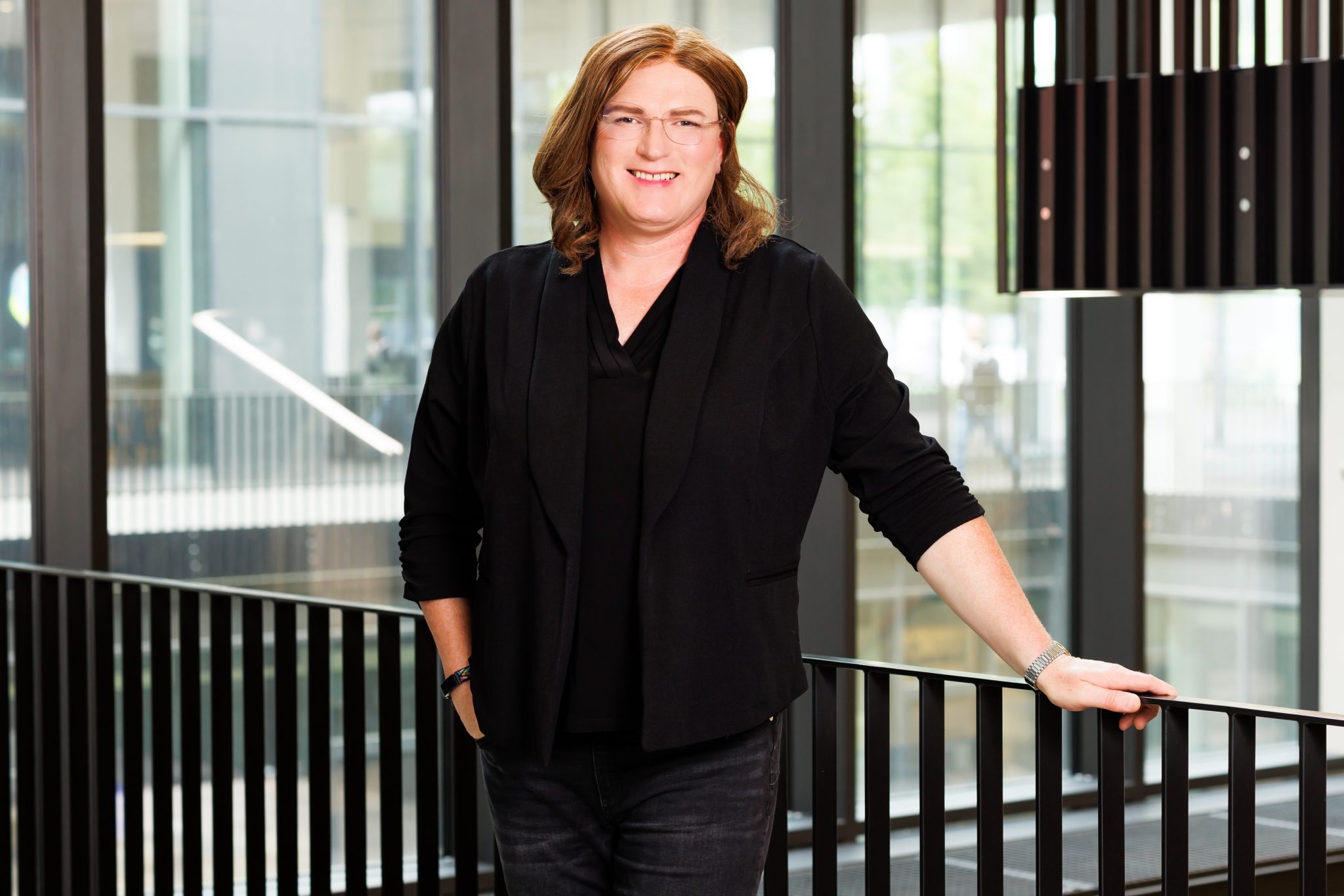About
In this first of a series of consultancy and research projects the University of Luxembourg’s team Geodesy and Geospatial Engineering applies its expertise in near-real-time global and continental Global Navigation Satellite System (GNSS) data analysis to derive atmospheric products for the numerical weather prediction and space weather models in use at the United Kindgom Met Office. The team’s developments include the updating of sophisticated automated scientific GNSS processing sytems that enable the production of the highly accurate atmospheric products. The tropospheric products, i.e., estimates of water vapour, are computed at intervals of 5 and 15 minutes with update cycles every 15 and 60 minutes, respectively, before they can be assimilated in several of the Met Office’s development and operational weather models. The models have grid sizes covering the entire Globe or Europe, and provide valuable information for global or United Kingdom weather forecasts. The ionospheric products, estimates of the ionisation of particles in the upper atmosphere, support the Met Office’s space weather forecasts, which are important for global communication networks, satellite operations, and for the operators of power grids.
The software and analyses developments carried out by the team incorporate updates due to various recent physical bias models, processing strategies, the International Terrestrial Reference Frame (ITRF), in particular, from ITRF2014 to ITRF2020, and the evolution of GNSS by stepping from using only the U.S. GPS and Russian GLONASS to also include the Chinese BDS and the European Galileo constellations.
The project also allows the University of Luxembourg to provide products to the EUMETNET EIG GNSS Water Vapour Programme (E-GVAP), coordinated by the Danish Meteorological Institute, which distributes the products to other meteorological services in Europe, e.g., MétéoFrance, RMI and KNMI.
Professor Teferle has worked with GNSS since the early 1990s and for her team Geodesy and Geospatial Engineering this means a further project in GNSS meteorology after the FNR OPEN VAPOUR project concluded in 2022, and several past and ongoing FNR projects PWVLUX, POSILUX and NWPLUX.
Organisation and Partners
Met Office, United Kingdom
Project team


